ESG Today writes that the Munich plant was initially used for manufacturing aircraft engines back in 1922 and it has seen two major transformations throughout its history. The first was in 1948, when it was converted to motorcycle manufacturing, and the second time, in 1952, when it started producing automobiles.
Currently, around 1.000 vehicles leave the gates of the facility every day and around 500 of them are battery-powered models.
BMW’s Neue Klasse electric sedan will be manufactured at the site starting 2026, with the upcoming model incorporating multiple next-generation features, such as high performance and efficiency drivetrains and battery packs, as well as more complex computational power behind the system. Additionally, BMW plans to double-down on lifecycle sustainability with the new class of battery-electric cars.
BMW officials plan to spend 650 million euros to modernize the existing facility, so that EV manufacturing can be as efficient as possible. A new assembly line and four new buildings are included in the plans of the Bavarian carmaker.
Peter Weber, Director BMW Group Plant Munich, said that "the plant in Munich is innovative and adaptable. As in the 1960s, a Neue Klasse is again laying the foundation, on which our plant is reinventing itself. The fact that this comprehensive transformation is taking place at the same time as roughly 1,000 vehicles per day are currently being manufactured is common practice in Munich and is possible thanks to the outstanding performance of all our employees."
Back in 2021, BMW was committed to significantly reduce the vehicle's emissions throughout their lifecycle, cutting the carbon footprint associated with each car by 40% by 2030, while the company wants electric vehicles to represent 50% of its sales by the same year. In 2023, company officials revealed that the latter objective could become reality sooner than that.
 Mihai - Cristian Ioniță
Mihai - Cristian Ioniță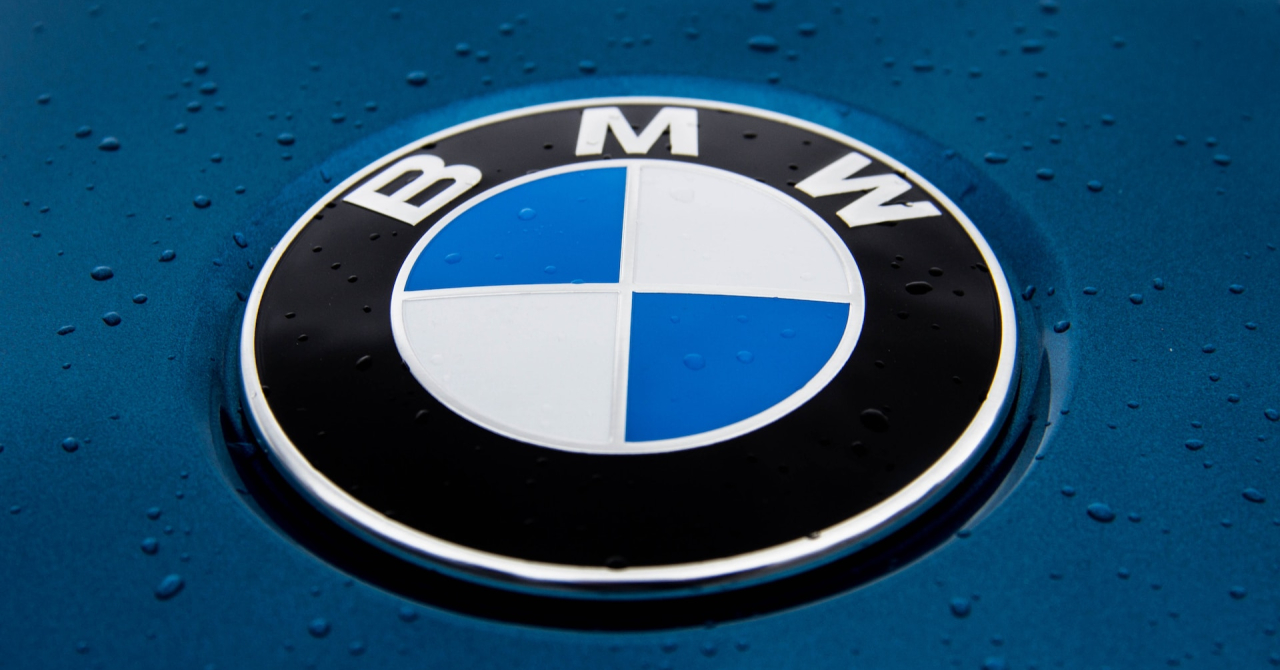

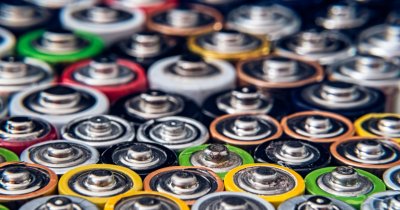
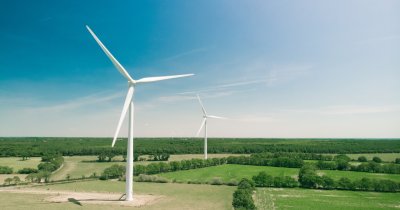
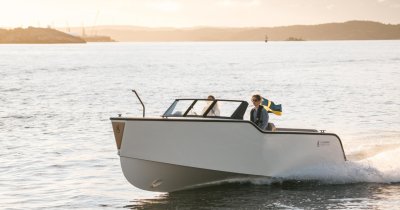
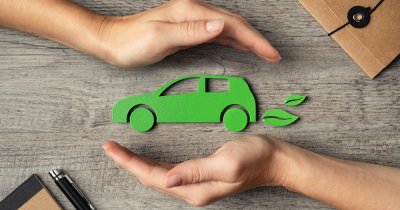



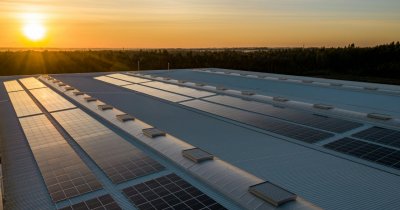



Any thoughts?